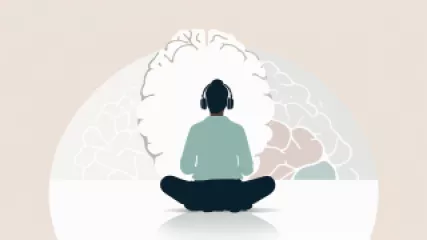How to Overcome the Psychology of Gambling Addiction
1 year ago
Psychology of Gambling
10 Best Practices for Building Healthy Relationships Online
1 year ago
Building Healthy Relationships
Discover Your Inner Values: A Guide to Personal Values Clarification
1 year ago
Personal Values Clarification
How to Start a Gratitude Practice in 5 Easy Steps
1 year ago
Gratitude Practice
The Unexpected Joy of Daydreaming: My Personal Journey
1 year ago
Benefits of Daydreaming
Exploring Critical Thinking: Understanding Cognitive Biases
1 year ago
Cognitive Biases
How Volunteering Can Boost Your Mental Well-being: A Research Summary
1 year ago
Impact of Volunteering on Mood
Resolving Relationship Conflicts: An Essential Guide
1 year ago
Navigating Relationship Conflicts
Unraveling Social Anxiety: A Research-Backed Approach
1 year ago
Social Anxiety
My Journey to Discovering My Life Purpose
1 year ago
Finding Life Purpose
The Ultimate Guide to Emotional Support in Friendships
1 year ago
Friendship Psychology
10 Effective Strategies for Managing Challenging Child Behaviors
1 year ago
Child Behavior
Unlocking Cognitive Function: 5 Proven Memory Improvement Techniques
1 year ago
Improving Memory Techniques
How to Navigate Family Conflict: A Step-by-Step Guide
1 year ago
Navigating Family Conflict
How Can Mindful Listening Benefit Your Mental Health?
1 year ago
Mindful Listening Benefits














